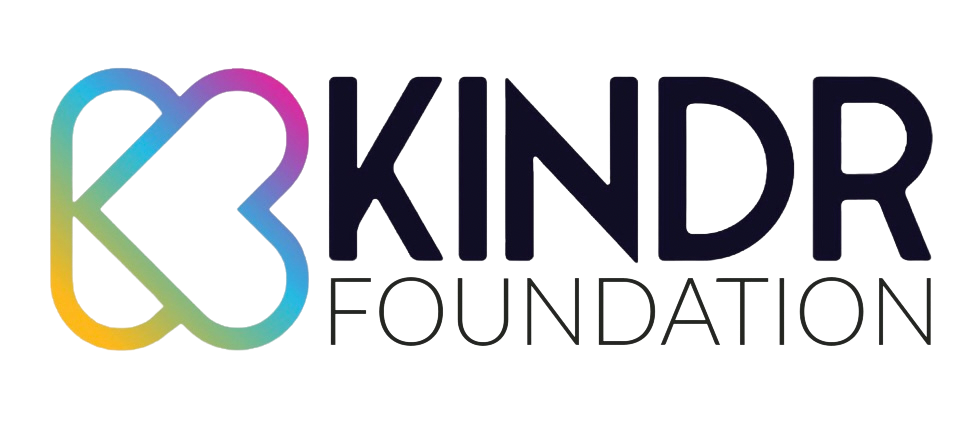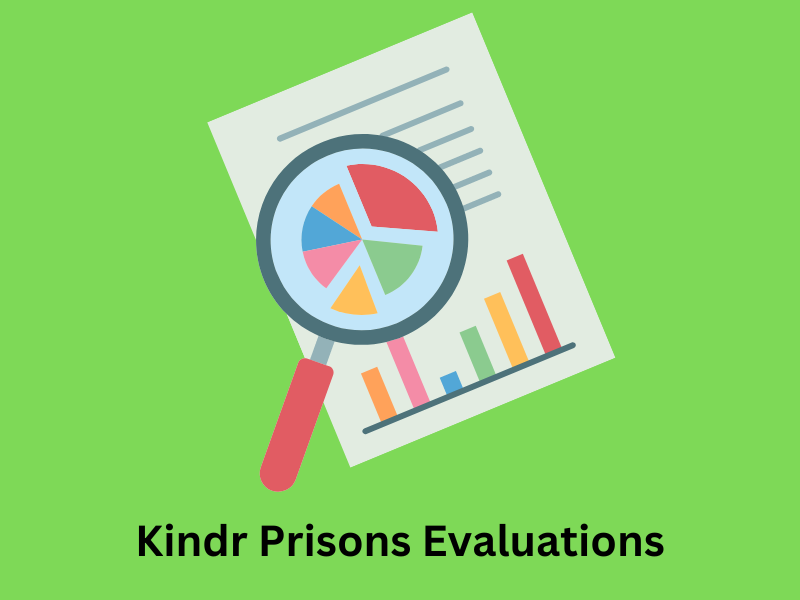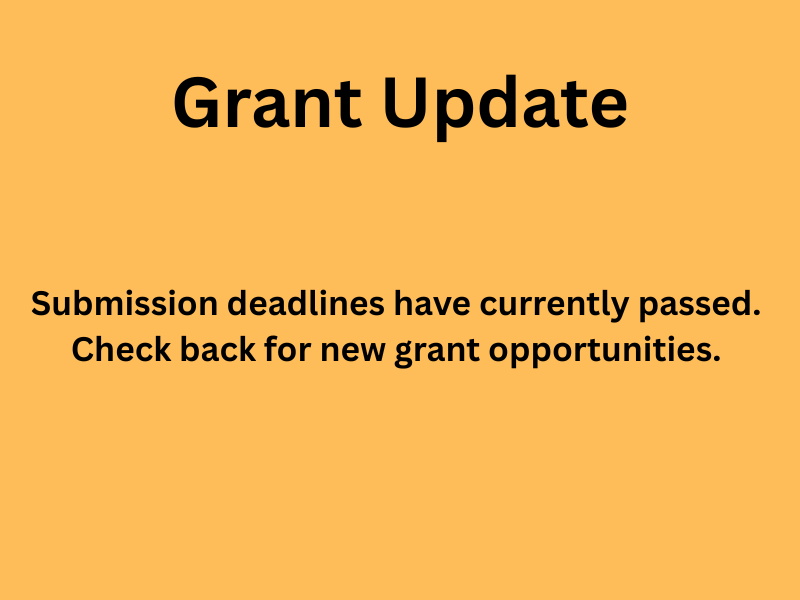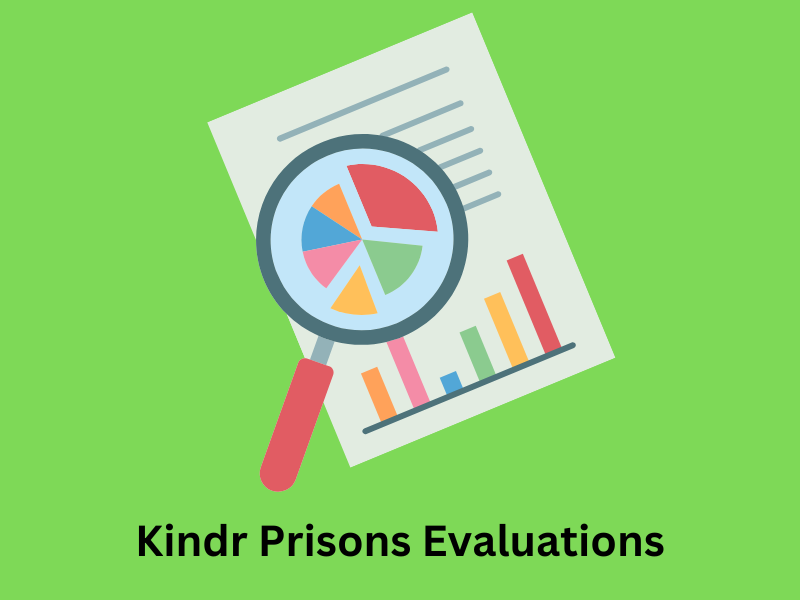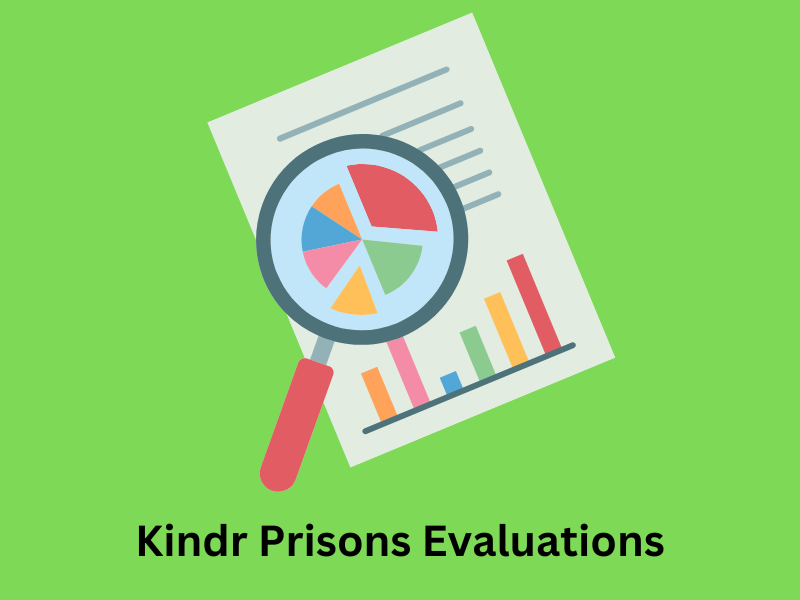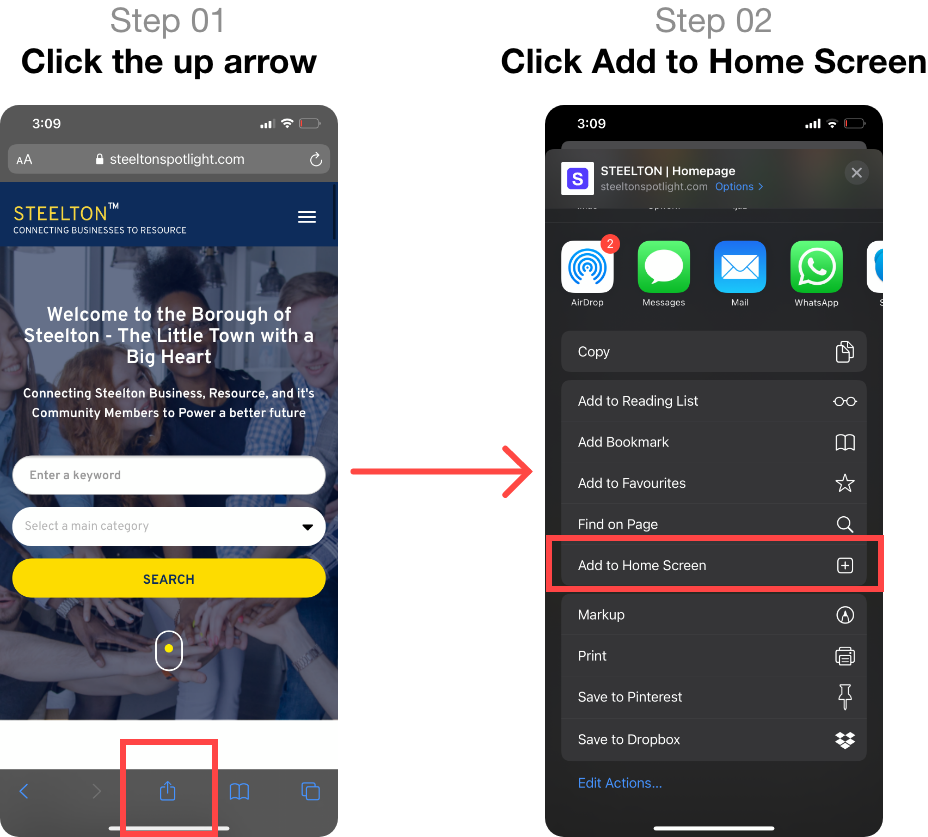
Effects of the Mindful Kindness Program on the Mental Health of Adults in Custody
Effects of the Mindful Kindness Program on the Mental Health of Adults in Custody
Bonnie Grossen, Evaluation Director, BeKindr Foundation
February, 2025
We evaluated the effects of the Mindful Kindness Program on the satisfaction with life and mental health of 107 inmates in 27 prisons in several states, mostly California, using a pre-post design and a quasi-experimental comparison group. Of these inmates, 82% were serving a life sentence. The comparison group included 107 inmates who took the pre-survey on the same date that a matching individual in the experimental group took the post-survey. Matching by date ruled out the influence of seasons and factors outside the prisons. The fact that both groups came from a large number of prisons (control group, 28; MKP group, 27) reduces the error resulting from external within-prison factors.
The MKP intervention was the workbook How Love Wins by Doug Carnine. Inmates completed the book independently, then mailed their written responses to the questions and exercises to the office. In return, they received a certificate. The average time to complete the MKP program was 220 days (sd=84 days), which is 7 to 8 months. Completing a long independent study does require some skill. Of the inmates included in this analysis, 69% had attended some college.
With a Bonferroni correction for multiple comparisons (p < 0.005), the results indicated that the MKP group significantly improved and did significantly better than the control group on the following measures:
Satisfaction with Life (happiness): Control group (ES = 0.48, p < 0.001)
Pre-post (ES = 0.61, p < 0.00001)
Mental Well-Being (resilience): Control group (ES = o.58, p < o.000014)
Pre-post (ES = 0.58, p <0.000014)
Outreach (teaching others about kindness: Control (ES = 0.48, p < 0.0005)
Pre-post (ES = 0.53, p < 0.0012)
The Trust item just missed the Bonferroni criterion in the pre-post comparison: Control (ES = 0.48, p < 0.0009)
Pre-post (ES = 0.47, p < 0.006)
One item measuring mindfulness and meditation practice indicated very high levels for the MKP group and relatively high levels for the Control group. Many have found mindfulness and meditation practice to be a causal link to better SWL and mental well-being (Han et al., 2022; Per et al., 2020). Less research has found that kindness improved SWL and mental well-being. Yang and associates (2018) found positive effects for a simple kindness intervention on SWL and general well-being. The strong difference in the scores of the MKP and control groups on these dependent measures (Satisfaction with Life, Mental Well-being, Outreach) would suggest that a factor in addition to mindfulness is contributing to the MKP group’s strong positive outcomes. The comments of participants would suggest that the kindness focus of the curriculum, that is, the exercises engaging participants in building kind habits, decreasing bad habits, expressing gratitude, engaging in kind behaviors, and so on, is a necessary additional component of strong change. Details of the analysis and further findings can be found using the link: Results mkp.pdf
